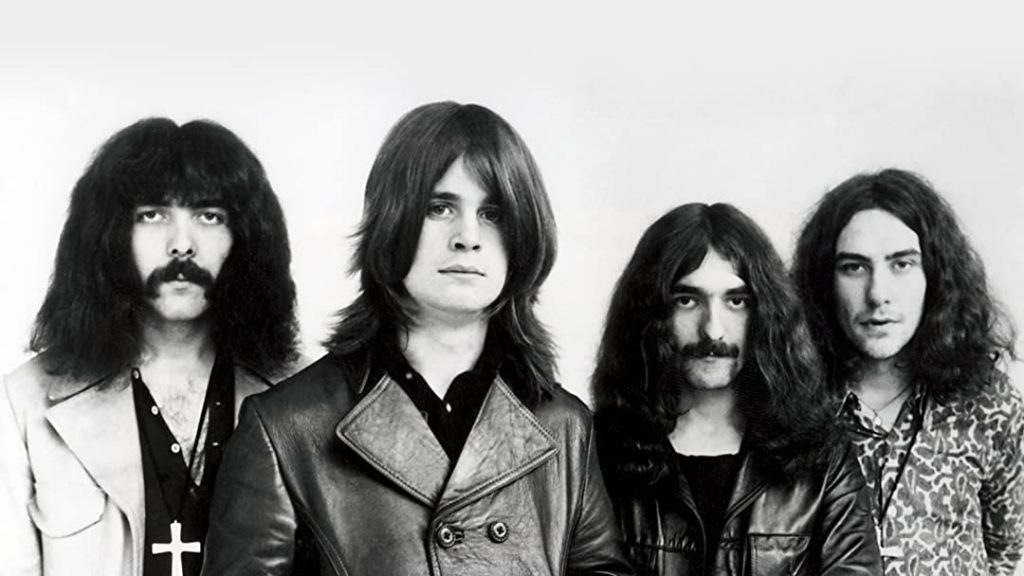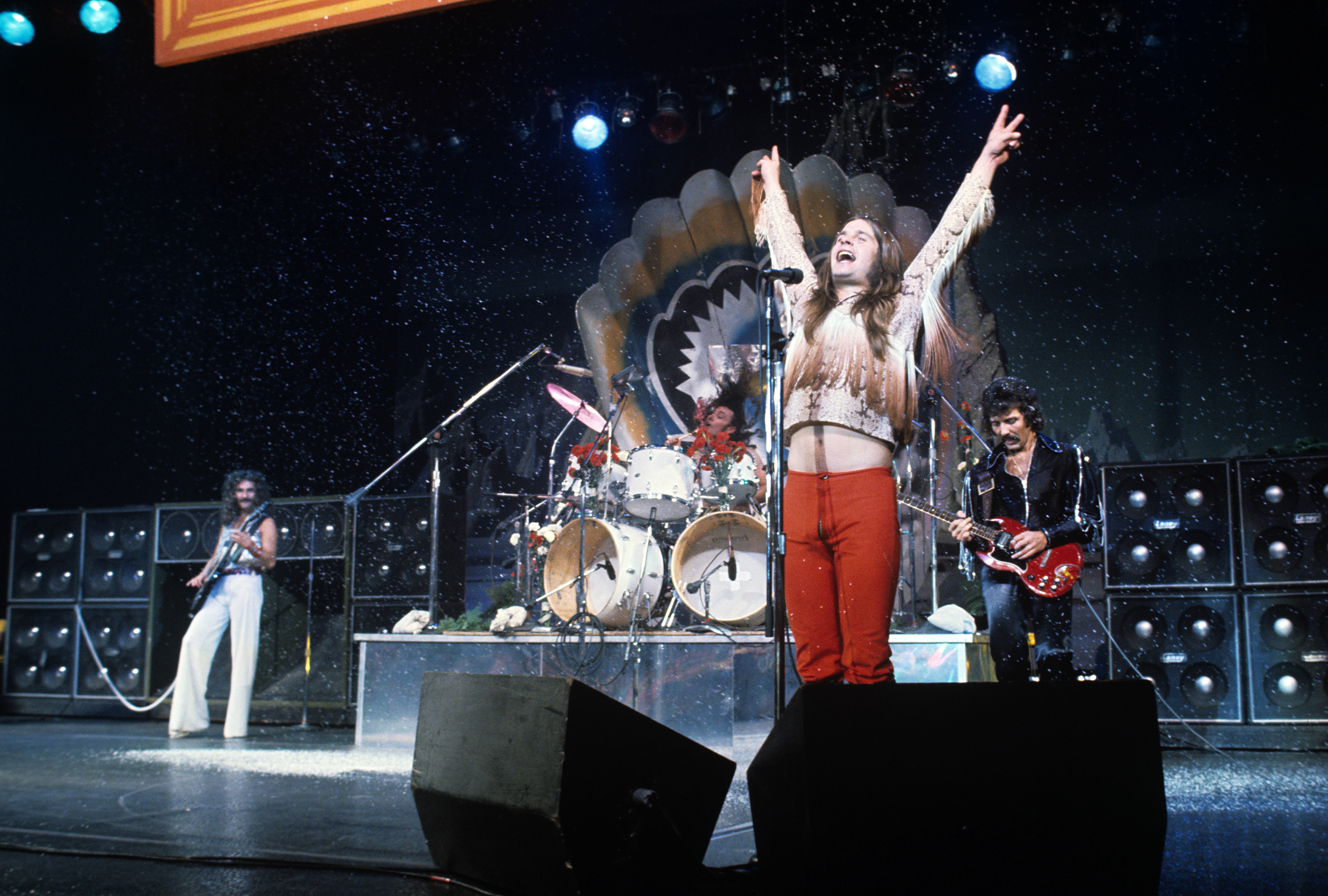
This is what Rob Zombie alludes to in his aforementioned quote about the metal legends. Sabbath's influence is so wide-ranging that it could be argued that even individual songs of theirs gave birth to entire sub-genres of metal. With Ozzy's bat-sh*t crazy, eccentric stage presence and piercingly haunting vocals, Black Sabbath had created a sight and sound that was never seen before, a giant middle finger to the feel-good vibes of the songs of the just departing flower power era. Below this, Geezer Butler doubled Iommi's guitar riffs, giving them a darker, heavier sound.

It featured Iommi's thick, sludgy, tri-tone chords (also known as "the Devil's Interval"), made even darker as he slackened the strings to a lower octave, bending the strings like no other. Unlike the works by aforementioned artists, Black Sabbath's debut was a through and through metal album from start to finish - from the opening riff of the self-titled track to the close of the legendary 'Wicked World'. When 'Black Sabbath' arrived on the scene, it showed the rest of the world what metal was. Building on a trend set by groups like Coven and Black Widow, Sabbath incorporated darker imagery of Satanism and witchcraft in their music. With their 1970 self-titled debut, Sabbath changed the entire landscape of rock till that point. They enlisted bassist Geezer Butler and vocalist Ozzy Osbourne, and sowed the seeds of what would go on to become the most shocking left turn on the rock motorway. Enter Black Sabbath, a group formed by guitarist Tony Iommi and drummer Bill Ward, who were looking to start a heavy blues-rock band in Aston, Birmingham. (Getty Images)Īlthough many of these bands dabbled with darker themes and sounds, it was usually as a counterpoint to a generally more optimistic, ballad-styled songs of early rock. Ozzy Osbourne of Black Sabbath performs at Ozzfest 2016 at San Manuel Amphitheater on September 24, 2016, in Los Angeles, California. In 1968, Steppenwolf dropped the smash hit 'Born To Be Wild', which borrowed heavily from the biker culture of the time and for the first time featured the words "heavy metal" in the lyric. Later in the decade, bands like The Who, Cream, Iron Butterfly and Blue Cheer further contributed to the sound with dropped tuning, fuzzier guitars and faster riffs. While these influences might have laid the basic groundwork for metal, none of them in retrospect would really fit into the genre's style, even by the early yardstick of the 60s. Of course, no art is born in a void and transitioning styles and genres are more shades of grey than black and white, but you'll hardly find anyone in the music industry who would think twice before endorsing Sabbath as the godfathers of metal. In fact, if one were to trace the history of metal music and try to pinpoint a single act which served as a tipping point where rock branched off into the strange and dark era of metal, Black Sabbath would be as close as it gets.

Sure, Zombie employed some poetic flair to get his point across but the crux of his message essentially shows how widely influential Black Sabbath has been (and still is) in the landscape of metal music. That's what Rob Zombie said in an interview with Sam Dunn for the 2005 rockumentary 'Metal: A Headbanger's Journey'.

Either you're playing it slightly different or fast or slow, but. Anything everyone else does is just basically ripping it off. "Every cool riff has already been written by Black Sabbath.


 0 kommentar(er)
0 kommentar(er)
